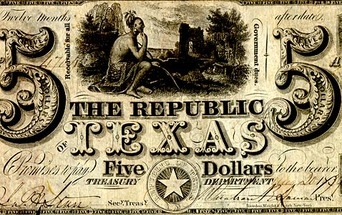
Judge Robert Ruehlman of Hamilton County Common Pleas Court said Elmwood Place’s speed cameras are unfair to motorists.(Photo: Amie Dworecki, The Cincinnnati Enquirer)
“It is a scam the motorist cannot win,” the judge wrote in invalidating the ordinance.
Cincinnati Enquirer | Mar 8, 2013
by Kimball Perry
ELMWOOD PLACE, Ohio — In a scathing ruling, a Hamilton County judge ruled that an ordinance allowing this village of 2,000 to install speed cameras is invalid and unenforceable.
Critics have said those cameras, which already have generated about $1.5 million in fines, have more to do with revenue enhancement than safety in this Cincinnati suburb nearly surrounded by the city.
STORY: Speed cameras a flash point in Slovenia
STORY: States split over traffic cameras
“Elmwood Place is engaged in nothing more than a high-tech game of Three-card Monty,” Common Pleas Court Judge Robert Ruehlman wrote in his Thursday decision. “It is a scam the motorist cannot win.”
Thirteen states and the District of Columbia have speed cameras operating in at least one location, according to the Governors Highway Safety Association. Ohio has 13 other jurisdictions that use them, the Insurance Institute for Highway Safety says.
A dozen states have laws prohibiting them.
The village put the cameras in place in July to slow speeders — not to rake in revenue — officials there have said. About half of the fines go to the village as new revenue.
The village hired Maryland-based Optotraffic LLC to install the cameras and bill offenders, allowing the company to keep part of the fine money.
When motorists began receiving the $105 speeding tickets in the mail, they exploded in anger. Many have said they now go out of their way to avoid driving here, and many business owners say the cameras and the fallout are hurting business.
Many hired lawyer Mike Allen to fight the cameras.
“It is obvious that the village of Elmwood is motivated by financial considerations and not public safety,” Allen said. “This is a victory for the common man and woman who does not have $105 to give to the village of Elmwood.”
Allen added that Ruehlman’s ruling could be the nation’s first to address the specific constitutional challenge — whether a driver’s due-process rights were violated.
“I think the preliminary injunction is pretty much the whole case,” Allen said.
Village Solicitor Anita Vizedom couldn’t be reached for comment.
The judge was particularly biting in writing his decision, blasting the village for taking from its residents instead of providing services to those who pay for them.
“The entire case against the motorist is stacked because the speed monitoring device is calibrated and controlled by Optotraffic,” the judge wrote.
If motorists receiving tickets wanted to contest them, they had to request an administrative hearing that came with a $25 fee.
“The hearing is nothing more than a sham,” the judge wrote.
While Ohio law allows such cameras, Allen argued successfully that the village didn’t display the proper signage that must accompany them.
Allen expects Elmwood Place to appeal the judge’s ruling.









